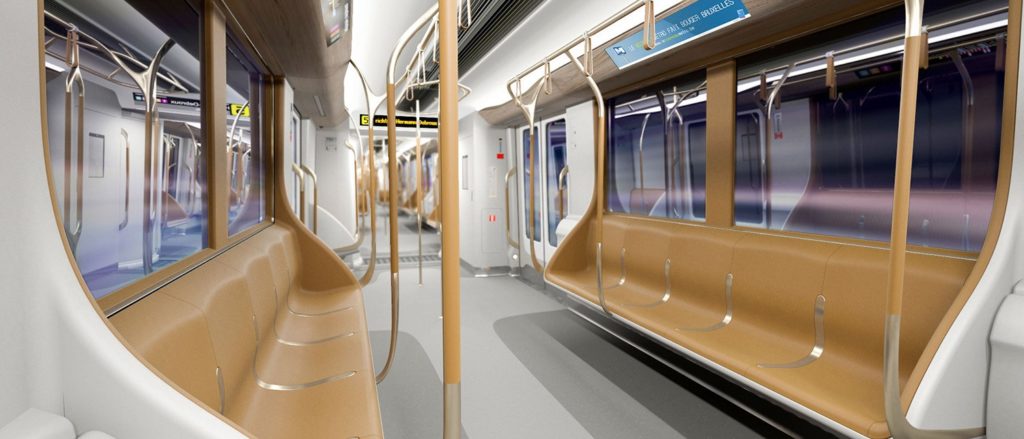The Brussels public transport company STIB has added new M7 trains to metro lines 1 and 5 this week, increasing the frequency and capacity of all lines, including lines 2 and 6.
Since Monday, the new M7 metro trains have been added to lines 1 and 5, meaning the previous vehicles on these routes are freed up for lines 2 and 6, where during peak times, a metro now runs every 2.5 minutes between Elisabeth and Simonis and every five minutes between Simonis and Roi Baudouin.
"From today, users of lines 2 and 6 can enjoy almost 3,000 extra seats per hour and per direction during rush hour compared to mid-2021," a STIB statement read. "Thanks to these additional vehicles, passengers will have more room during their journeys on lines 2 and 6."
As a result of the increase in metro trains, the frequency on shared sections of all the lines will now be one metro every 2.5 minutes during rush hour.
Related News
- Commuter bosses resist Covid call to halve passenger volumes
- Belgium Uncomplicated: 'Public transport is a common good'
The first M7 trains started rolling on metro lines 1 and 5 during the summer. Each M7 train costs between €8 million and €10 million.
The interior was designed by Belgian Axel Enthoven, who took inspiration from the Art Nouveau movement (that Belgian artists and architects pioneered around the turn of the 20th century). The metro trains themselves are built by Spanish company Construcciones y Auxiliar de Ferrocarriles (CAF).
“If you take the metro, it feels as if you are getting into a luxury vehicle. But this impression must last 30 years. The front of the car, the interior, the materials… STIB dares and innovates," Enthoven said in 2019.
STIB plans to buy 43 M7 trains for a total of €400 million. The arrival of the 22 additional trains, alongside the installation of the new safety signalling system, will see the frequency on lines 1 and 5 increase further, according to the public transport operator.
"The interval between two metros will then be 2 minutes on the shared section between Merode and West Station, which amounts to almost 5,000 seats per hour and per direction."

